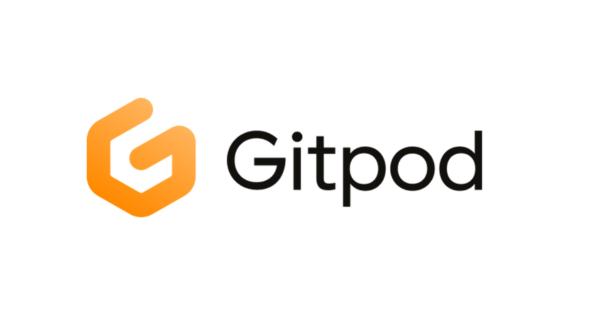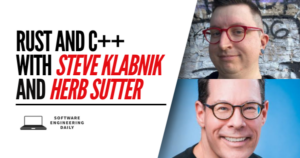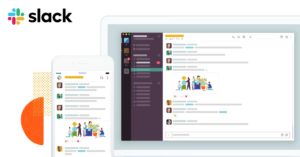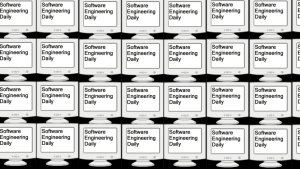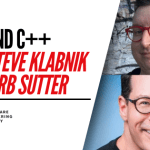The Vesuvius Challenge with Juli Schilliger and Youssef Nader
Podcast: Play in new window | Download
Subscribe: RSS

In 79 AD, in the ancient Roman town of Herculaneum, twenty meters of hot mud and ash buried an enormous villa once owned by the father-in-law of Julius Caesar. Inside, there was a vast library of papyrus scrolls.
The scrolls were carbonized by the heat of the volcanic debris, but they were trapped underground where they remained preserved.
It wasn’t until the 1750s that the scrolls were discovered, but they were fragile and resistant to being opened and read.
Then, in 2015, researchers used X-ray tomography and computer vision to virtually unwrap the scrolls.
Last year, the Vesuvius Challenge was launched by Nat Friedman, Daniel Gross, and Brent Seales to crowdsource the process of reconstructing the text from the scrolls.
Juli Schilliger and Youssef Nader are two members from the winning team. They join the show to talk about the computational approaches they used to reconstruct the scroll text.
For interested listeners, the 2024 Vesuvius Challenge is now live, with new challenges and prizes. Check out ScrollPrize.org to learn more.
Jordi Mon Companys is a product manager and marketer that specializes in software delivery, developer experience, cloud native and open source. He has developed his career at companies like GitLab, Weaveworks, Harness and other platform and devtool providers. His interests range from software supply chain security to open source innovation. You can reach out to him on Twitter at @jordimonpmm
Sponsorship inquiries: sponsor@softwareengineeringdaily.com
Sponsors
If you lead a development team you know that dev environments often break, causing lost productivity and delaying time-to-market.
OS differences make reproducing software issues tough, even with Docker.
Meanwhile, devices with sensitive source code and permissive network access present huge security challenges, especially in banking, telecommunications, and healthcare.
Because of these issues, organizations often resort to non-developer-friendly solutions like homegrown VMs or VDIs, compromising developer experience for security.
Imagine starting your development environment with one command, knowing it meets all security and compliance needs.
Gitpod makes this a reality.
With Gitpod’s cloud development environments, developers get pre-configured tools, libraries, and access instantly, with zero download time.
Gitpod environments are ephemeral, meaning they are short-lived.
Developers get a new environment if theirs breaks, and security teams rest easy knowing vulnerabilities are contained and destroyed with the click of a button.
Gitpod can be self-hosted and is trusted by over 1 million developers.
Visit www.gitpod.io/sed to get started with 50 hours free per month.



